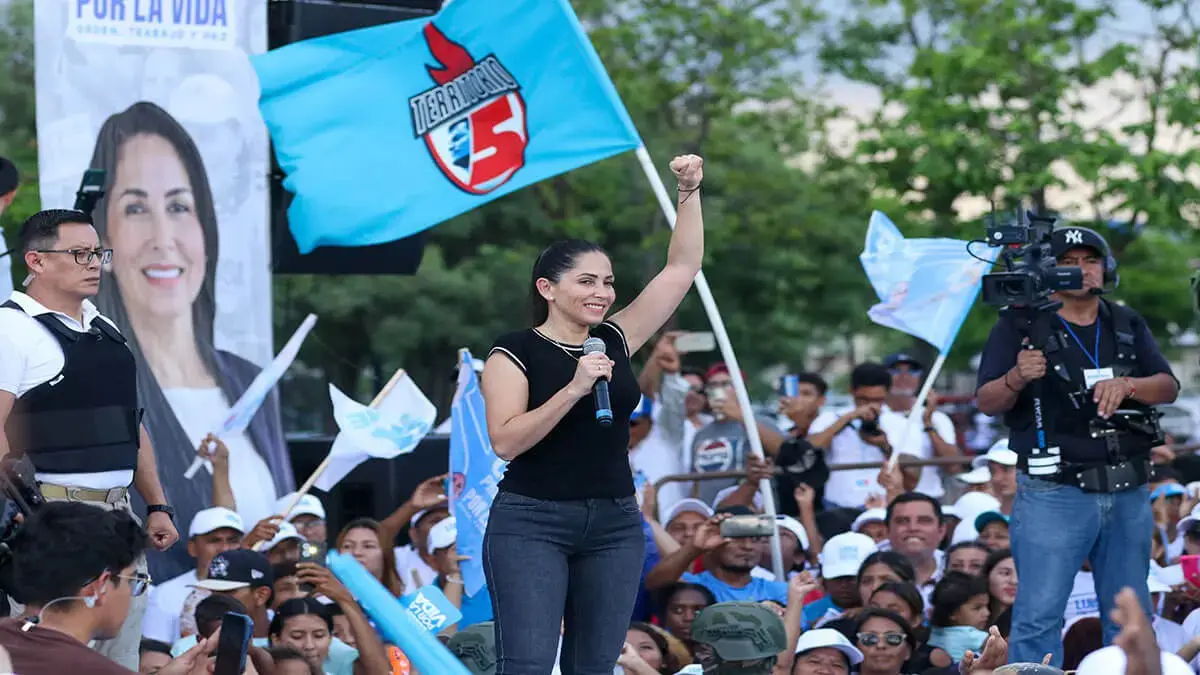Ecuadorians Protest Against Increase in Fuel Prices

Protests at the financial center, Quito, Ecuador, July 2, 2024. Photo: X/ @MissIzquierda
July 2, 2024 Hour: 12:45 pm
Agreed with the IMF, the elimination of subsidies is contributing to output stagnation, social movements denounce.
On Tuesday, Ecuadorians took to the streets to protest against President Daniel Noboa due to the increase in Extra and Ecopais gasoline prices effective from June 28.
RELATED:
Ecuadorian Richard Carapaz Leads the 2024 Tour De France
In Quito, citizens set up barricades with burning tires on the Chillogallo bridge, aiming to block traffic entering the capital city from the south.
On Amazonas Avenue in the city’s north area, people protested in front of the complex where the Central Bank, the National Justice Court, the Civil Registry, and other key public institutions are located.
The National Union of Educators (UNE) and the Federation of University Students of Ecuador (FEUE) called for the demonstrations in opposition to the elimination of subsidies.
They claim that that policy is part of agreements between the Noboa administration and the International Monetary Fund (IMF), which are exacerbating the country’s economic problems through a combined effect of production stagnation and rising prices.
“This means raising the cost of living and condemning more Ecuadorians to poverty,” said UNE President Andres Quishpe, who also indicated that the ongoing protests are just part of a large national mobilization that will begin next Thursday.
He also criticized the cuts to budgets for education, health, and social investment that the Noboa administration has made to meet its commitments with the IMF.
Another reason for the social protest is the increase in the value-added tax (VAT) from 12 to 15 percent, which the Ecuadorian government decreed in April, arguing that it was necessary to finance the “internal war” against organized crime groups linked to drug trafficking.
“The VAT increase has not helped to combat insecurity as Noboa promised. On the contrary, gang-related extortions and violent deaths have increased,” FEUE President Nery Padilla noted.
Autor: teleSUR/ JF
Fuente: UNE - Pichincha Comunicaciones






